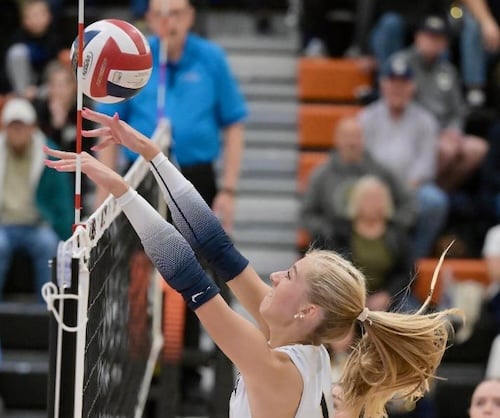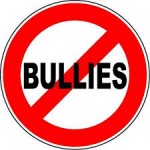This is the final installment of the column on bullying in schools on KyForward.
By Melissa Martin
Special to KyForward
“But what if it’s the teacher who screams, threatens or uses biting sarcasm to humiliate a child in front of the class?” asks Katherine Kam, a writer at WebMD.
What if the teacher is the bully?
Stuart Twemlow, psychiatrist and director of the Peaceful Schools and Communities Project conducted a study on teacher bullying.
“Using power to punish, manipulate, or disparage a student beyond what would be a reasonable disciplinary procedure,” is how Twemlow defines teacher bullying.
He anonymously surveyed 116 teachers and 45 percent admitted to bullying a student. There is a lack of research on teachers who bully.
“A bullying teacher can be described as one who uses the imbalance of power to intentionally harm students physically, emotionally or socially,” as stated here.
“Students aren’t the only ones bullying in schools. Teachers, principals and parents bully too. Together they create a bullying culture that strikes at the heart of effective learning and teaching,” writes Les Parsons in his book, Bullied Teacher: Bullied Student.
Teachers can be involved in bullying in three ways: as observers, as perpetrators and as victims according to bullyingstatistics.com.
“Bullying teachers can act by using degrading words and treatment, as well as physical punishments. Other school employees besides teachers can bully students, including coaches, custodians, security personnel, and the front office staff, even the principal.”
What happens when a teacher bullies the entire class day after day? Teachers are in positions of authority and students may accept bullying behaviors as acceptable by the school system. Adolescent students who tell and talk may not be believed by adults or may fear teacher retaliation in lowered grades or fear group humiliation.
Deborah Serani, a psychologist, gives 10 tips to parents for dealing with a teacher who bullies:
1) Listen attentively to your child about the bullying and validate emotions.
2) Tell your child that shame and humiliation are not acceptable ways of treating another human being.
3) Support your child but tell her/him you will address the hurtful bullying behavior.
4) Inform your child that you’ll be speaking with the teacher to open up a dialogue about the situation in order to solve the bullying situation.
5) When confronting the teacher, remain calm.
6) Document your interventions. If the bullying continues it’s time to contact the school administration.
7) If the bullying continues and accommodations have not been made for your child, then contact the Superintendent and school board.
8) Consider a school transfer if you cannot find help from any of these strategies.
9) File a complaint to the state licensing board.
10) Consider professional counseling for your child if the bullying causes significant distress.
While most teachers enjoy being with kids, like their jobs, and are hard-working individuals with purpose and passion; unfortunately, there are some teachers who bully students. Alas, there are bullies in every profession including the mental health profession. “…bullying originated with an imbalance of power,” according to Leah Hollis, author of Bullying in the Ivory Tower.
Parents need to consistently dialogue with their children about school days and school happenings. Yes, adolescents gripe about teachers and schoolwork; however, bullying is a pattern of unprovoked abuse.
Parents, please stay calm when you approach school staff about your bullied child. I’ve talked with many teenagers who did not tell parents about bullying for fear of an angry parent storming into the school and embarrassing them in front of teachers and peers.
Please seek counseling if your child has been bullied by her/his teacher or school staff. Start at the school level and if the bullying continues, you may want to seek legal advice.
Melissa Martin, Ph.D., is a child therapist, consultant and educator in Appalachia.























